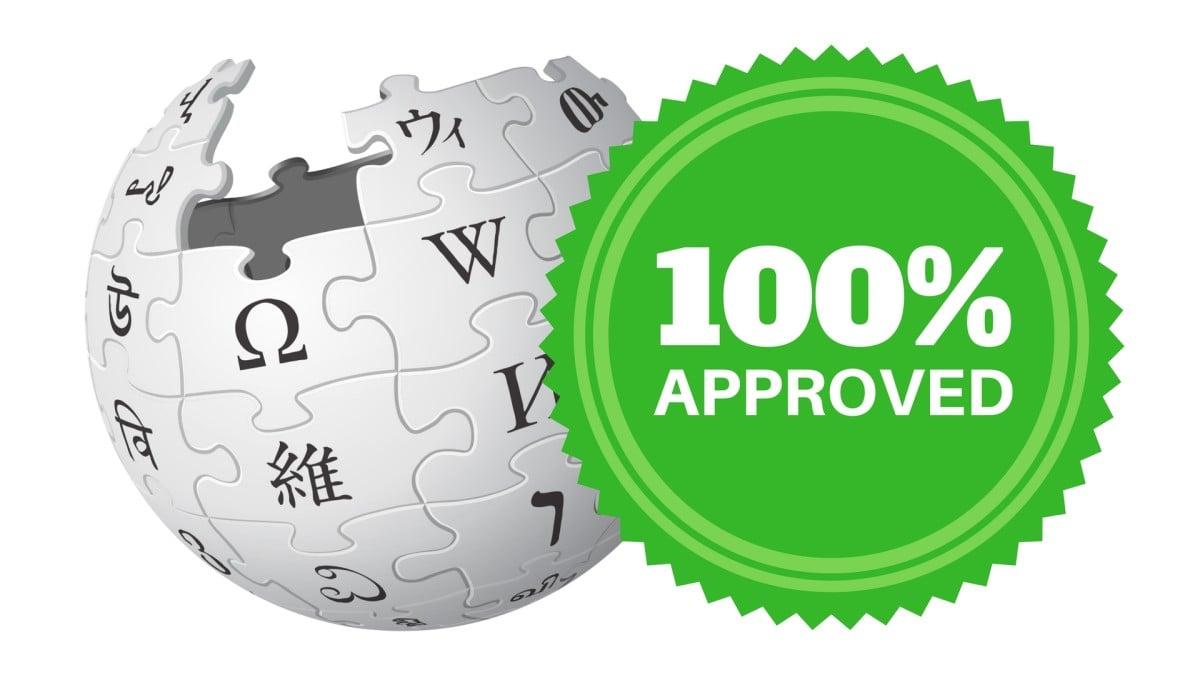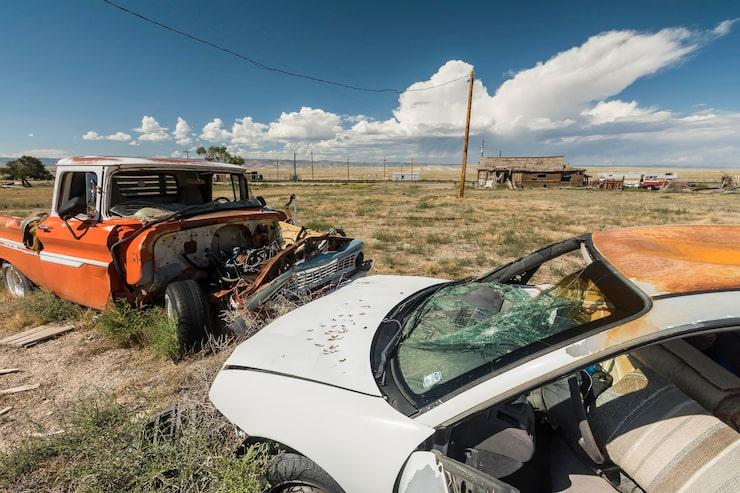Tips To Get Your Page Wiki Approved

So, you’re thinking, “How do I get my page Wiki approved without it getting deleted faster than I can say ‘Wikipedia’?”
Well, first of all—good question. Writing for Wikipedia isn’t just about typing things and hoping they stick. It’s about following rules, being smart, and writing in a way that even Wikipedia's picky editors will say, “Nice, we’ll keep that.”
Don’t worry! Because we’ve got your back. Here are 10 fun, simple tips to help get your page Wiki approved. So, let’s dive in 🏊
1. "Notable or Nope?"
Why Fame (Even a Little Bit) Matters
If you're not notable, your page won’t last. Wikipedia only wants articles about
● People
● Brands
● topics that others already know about or talk about
This doesn’t mean you have to be a celebrity, but there should be real news articles, interviews, or mentions about you in trustworthy sources. Blogs and personal websites? Nope.
Think big like
● news websites
● magazines
● official industry blogs
So, before you hit “submit,” ask yourself—“Would a random person Google this and find stuff?” If yes, you’re off to a great start.
2. "Cite it Like You Mean It!"
Show Your Sources, Always
Secondly, want to get your page Wiki approved? Of course! Then, you'd better bring the receipts. Because Wiki loves references. But not just any kind. For instance, they need to be
● trusted
● reliable sources
This means real
● news sites
● magazines
● books
● academic articles
Moreover, every fact you include should have a source. Saying “John is a music genius” won’t cut it. But if Rolling Stone said it? That’s golden. Use citation tools or copy the style from existing Wiki pages to make sure everything is neat and tidy. Remember: no sources = no page.
3. "Say No to Selling!"
Wikipedia is Not an Ad
Wikipedia is not your personal billboard. So, you can’t just write,
● “She’s the BEST artist ever”
● “Buy his product, it’s amazing!”
But why? Because that’s called being too promotional. And the Wikipedia police will delete it faster than you can blink. Hence, keep your tone neutral. Just like a reporter.
So, just facts, not fluff. Let the sources do the bragging, not you. Your job is to tell the story, not sell it.
4. "Who Even Wrote This?"
The Mystery of the Author
Wikipedia doesn’t love when the person writing the article is also the one it’s about. That’s called a conflict of interest. It’s like writing your own report card. Not cool. So what can you do? You can still help write it. However, it’s best to ask someone else like a
● Wikipedia editor
● writing service
They can review and upload it. You can also create a draft and ask the community to edit it before it goes live.
5. "Make it Look Wiki-fied"
Format Like a Pro
Moreover, even if your content is great, bad formatting can still get it booted. Wikipedia has its own style. Basically, there are sections like
● “Early Life”
● “Career”
● “Awards”
● “References”
If your page doesn’t follow this setup, it looks sloppy. So,
● add proper headings
● use bullet points where needed
● keep the language easy to read
Moreover, look at other pages for inspiration. It’s like copying homework, but the teacher actually wants you to.
6. "Keep It Cool With the Tone Police"
Neutral Writing Wins
So, this is where many pages mess up. Wikipedia wants neutral writing. Hence, that means no
● opinions
● hype
● drama
But just plain facts. You can say, “Sarah won the Best Writer Award in 2023,” if there’s proof. But you can’t say, “Sarah is the most amazing author in history!” Now, that’s called weasel words. And Wikipedia hates those. So, imagine you’re a robot, just stating what happened. That’s the tone you want.
7. "Add a Touch of History"
Show a Timeline
Also, editors love to see a timeline or background. Because this shows growth and adds context. So, start from the beginning. Like where did it all start? School? A small project? Then move to the big wins. For instance, add
● dates
● names of places
● key events
Think of it like telling a story: "Once upon a time... and then they made it big." But remember, still keep it neutral!
8. "Don’t Go Overboard!"
Keep It Short and Sweet
Also, you don’t need to write a novel. In fact, shorter, clear pages often do better. Write enough to give a full picture. But don’t add every single detail from someone’s life or company.
Just focus on what’s important and what’s verifiable. So, are you not sure if something needs to be there? Then, ask: “Is there a reliable source for this?” If not, it can probably go.
9. "Let the Wiki Community Help You"
Don’t Be Afraid to Ask
Good news! Wikipedia has a big community. And they actually want to help you! So, not sure what to do next? You can post your draft on Wikipedia's “Articles for Creation” page. Editors will give feedback and help polish your page. YAY!
Sometimes they’ll even fix it up for you! So don’t be shy. Just ask for help, and take notes from the pros.
10. "Review, Refresh, Repeat!"
Keep Checking Back
Lastly, even after your page is up, the job isn’t done. Huh? Basically, Wiki pages are living. So, that means anyone can edit them. Also, sometimes people remove things or make changes.
Hence, keep checking your page from time to time. For instance, if new awards or news comes out, update it. But with sources, of course. Because a fresh page with new info always looks better to readers, and editors too.
Final Thoughts
You've Got This!
Getting your page Wiki approved isn’t magic. But it’s a method. So, be honest, use good sources, keep the tone chill, and always play by Wikipedia’s rules. Think of it like baking: mix the right ingredients (notability, facts, structure), bake it in the Wiki oven (the approval process), and ta-da—you’ve got a real Wikipedia page.
Remember: keep it simple, keep it clean. And let the facts do the talking. You’re now officially ready to go Wiki wild. But in a rule-following kind of way.
Good luck—and may the Wiki gods be ever in your favor.








